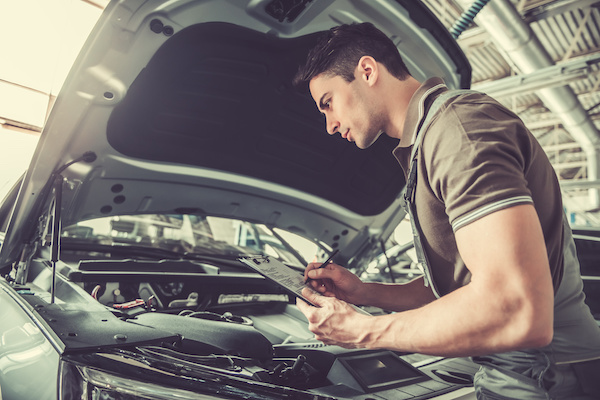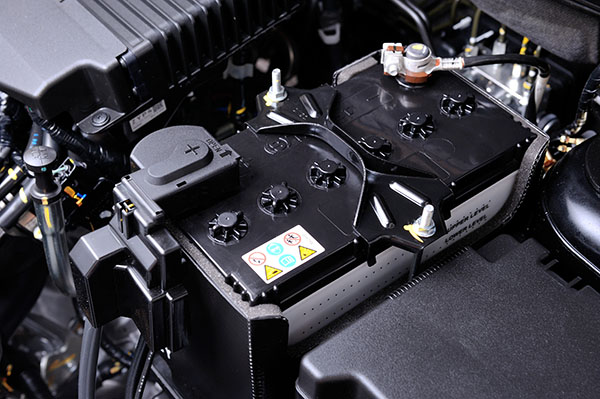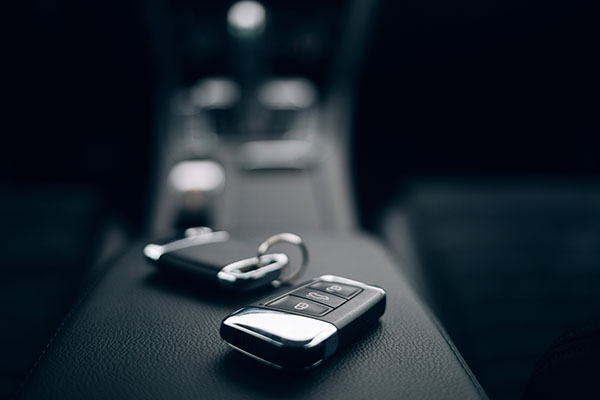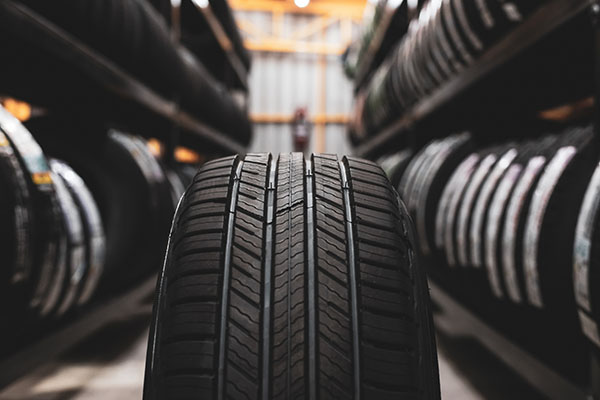Posted on 12/24/2023
.jpeg)
As we travel, our tires are like our quiet friends, carrying us and dealing with everything along the way. It's important to choose good tires that won't let us down. We will now share with you five of the very best tires ever made. 1. Michelin Defender T+H Michelin is a well-known brand for tires, and their Defender T + H model is very durable and long-lasting. This tire can help you drive safely and comfortably on both city roads and highways. You can trust the Michelin Defender T + H for its quality and reliability. 2. Bridgestone Blizzak WS90 For those who face winter's icy embrace, the Bridgestone Blizzak WS90 emerges as a cold-weather virtuoso. Its specialized tread pattern and unique rubber compound make it a standout performer in snowy conditions. Tackling winter roads ... read more
Posted on 11/30/2023

Have you ever heard about 30/60/90K mile services but don't know what's included in them? You've come to the right place. Let's give you some information about what these services typically entail and answer a few common questions! 30,000 Miles - The Foundation As your odometer hits the 30,000-mile mark, your car enters a crucial phase. This service typically involves an extensive inspection of vital components like the brake system, fluid levels, and filters. Think of it as a health checkup for your vehicle, ensuring that it's on track for the long road ahead. 60,000 Miles - Midlife Check At the 60,000-mile milestone, your car undergoes a more in-depth examination. This stage often includes changing essential fluids, inspecting the timing belt, and addressing any emerging issues. It's akin to a midlife rejuvenation, preparing your vehicle for the miles still to come. 90,000 Miles - Peak Performance Assurance As your car approaches the 90,000-mile threshol ... read more
Posted on 10/31/2023

The Toyota Corolla has earned a reputation for reliability and longevity, but even the most dependable vehicles require maintenance from time to time. One of the most common maintenance tasks you can perform yourself is changing the car battery. Luckily for you, this is today's exact topic - here is how to change a battery in a Toyota Corolla from 2012 or newer (11th and 12th generation). Tools and Materials You'll Need: New car battery (make sure it's the correct size and type for your Corolla) Socket wrench set Combination wrench set Safety goggles and gloves Battery terminal cleaner or baking soda Wire brush Corrosion-resistant grease or terminal protector spray Battery terminal brush or cable cleaner tool Battery hold-down clamp (if necessary) Safety stands or a jack (if needed) Step 1: Safety First! Before you begin, ensure your Corolla is parked in a s ... read more
Posted on 9/30/2023

In the realm of automotive enthusiasts, discussions about a vehicle's specifications often revolve around horsepower, top speed, and acceleration. Yet, there's another crucial figure that commands equal attention: torque. While it may not have the same cinematic allure as horsepower, the torque number in vehicle specifications holds the key to unlocking a world of power, performance, and precision. What is Torque, Anyway? To comprehend the significance of torque, we must first grasp its fundamental definition. In the simplest terms, torque is the rotational force generated by an engine, measured in pound-feet (lb-ft) or Newton-meters (Nm). Unlike horsepower, which relates to an engine's ability to do work over time, torque is all about raw, immediate twisting force. It's what propels you off the line when you stomp on the accelerator pedal and keeps you glued to the seat during a spirited drive. Torque vs. Horsepower - The Dynamic Duo ... read more
Posted on 8/31/2023

Tires are the unsung heroes of the road, carrying us to our destinations safely and reliably. But what if we told you that there are some peculiar things and habits out there that can prematurely age and wear out your tires? 1. Improper Alignment Your car's wheels should be aligned in a specific way to ensure even tire wear. When they're out of alignment, your tires can wear unevenly, causing one side of the tire to wear faster than the other. This can happen due to potholes, curb bumps, or even minor accidents. Regular alignment checks can prevent this. 2. Overloading Your Vehicle We've all been tempted to cram our cars with heavy cargo, but overloading can put excessive pressure on your tires. This can lead to excessive wear and even tire blowouts. Be mindful of your vehicle's weight limits and distribute cargo evenly. 3. Aggressive Driving Habits Zooming around corners and slamming on the brakes not only ... read more